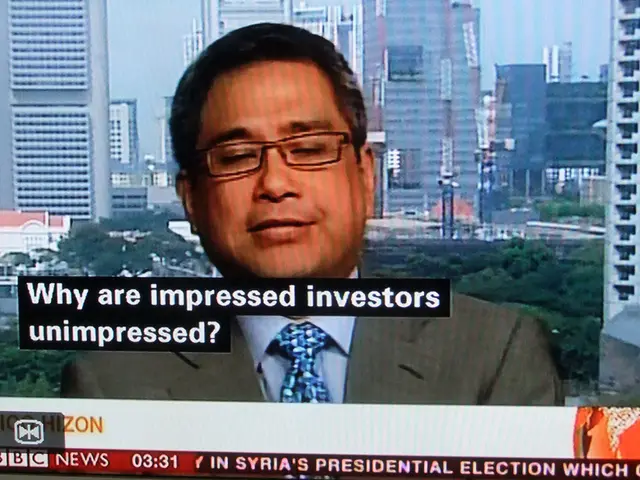Expansion of the European Union: Turkey's Role
Turkiye's journey towards European Union (EU) membership, which began in 1987 with an official application, has seen significant developments and setbacks over the years. As of 2023, the accession negotiations are effectively at a standstill due to sustained, significant setbacks in key areas such as the respect for fundamental and human rights and the rule of law.
The EU and Turkiye signed a number of key agreements throughout their relationship. In 1995, they established a customs union, which came into force on 1 January 1996. This agreement aimed to eliminate tariffs on trade between the two parties and harmonise customs duties and trade regulations.
In 2013, negotiations on visa liberalization were initiated between the EU and Turkiye, and a roadmap containing 72 criteria was transmitted to Turkiye. The same year, the EU and Turkiye also signed a readmission agreement, regulating the return of irregular migrants to Turkiye.
As of 2023, 29 of the 35 negotiating chapters have been opened for Turkiye. However, the progress in these negotiations has been slow due to the ongoing concerns about Turkiye's record on human rights and the rule of law.
Since the failed coup attempt in Turkiye in 2016, the situation regarding human rights and the rule of law has further deteriorated. This has led to a stalemate in the accession negotiations.
In an effort to support Turkiye's refugee population, the European Union pledged an additional €2 billion in February 2024 to support refugees and host communities in Turkiye until 2027.
The Ankara Protocol, signed on 29 July 2005, aimed to include several European countries in the existing customs union between the EU and Turkiye. This protocol has not yet been ratified by all the necessary parties.
Turkiye was granted candidate status in 1999, but to become a member, a candidate country must fully adopt the entirety of EU law in 35 chapters. Given the current state of the accession negotiations, it remains to be seen when or if Turkiye will fully meet these requirements.
The journey towards EU membership for Turkiye continues, with both opportunities and challenges ahead. The EU and Turkiye will need to address the ongoing concerns about human rights and the rule of law in Turkiye for the accession negotiations to progress.








